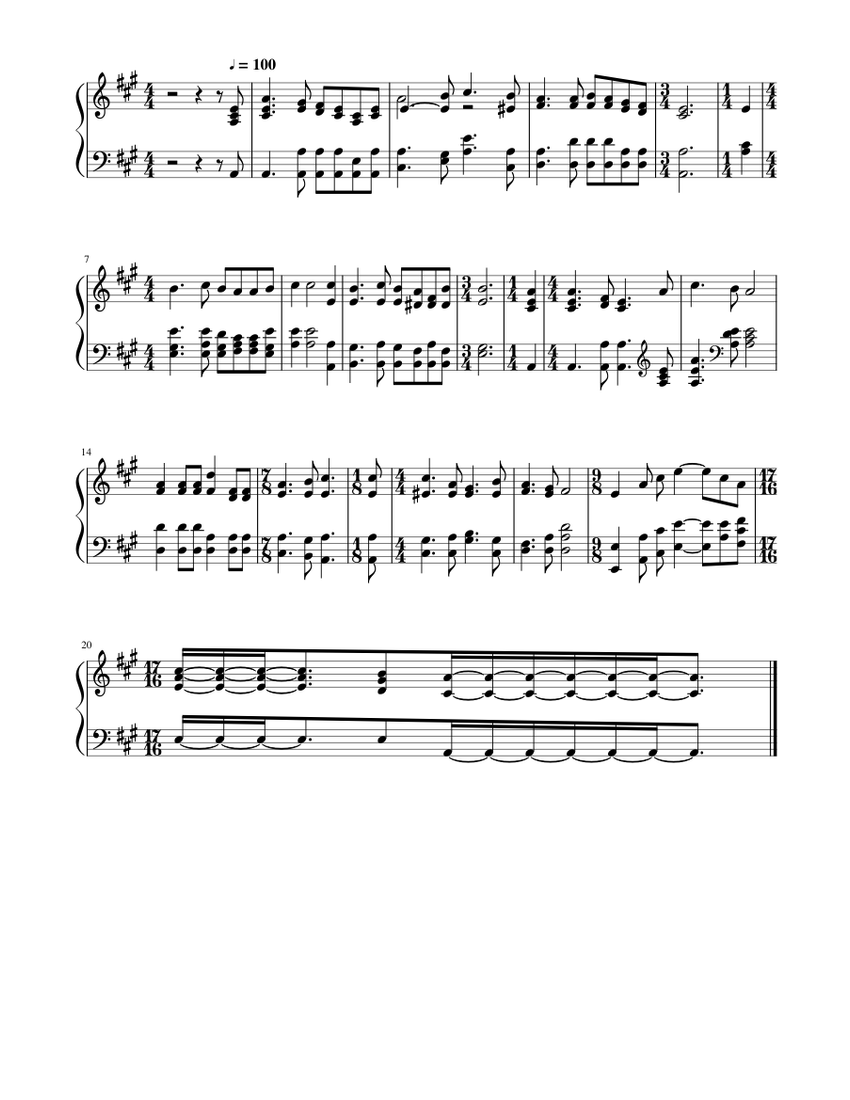In an era marked by rapid advancement and perpetual innovation, one may ponder: how often do we pause to contemplate the ephemeral nature of time? The Baha’i Faith emphasizes the significance of time as an invaluable resource, urging individuals to reflect on the transient essence of each moment. This exploration of time, encapsulated in the phrase “The swiftly passing days,” invites believers to engage with a profound reflection on the implications of temporal awareness within their spiritual lives.
The concept of time in Baha’i teachings transcends mere chronology; it is imbued with spiritual significance. As the world moves inexorably forward, the Baha’i Faith posits that time serves as a divine gift, an opportunity to cultivate virtues, foster connections, and fulfill one’s purpose. Abdu’l-Baha, the son of Baha’u’llah, the founder of the Baha’i Faith, articulates this beautifully when he states that “time is like a river, flowing ever onward, carrying with it the treasures of the spiritual world.” In this light, the Baha’i community is encouraged to harness the power of time, using it wisely and intentionally to develop a closer relationship with the divine.
Pondering the phrase “the swiftly passing days” stimulates contemplation on how life’s brevity can inspire actions steeped in purpose and mindfulness. Every fleeting moment, each tick of the clock, presents an opportunity for growth and enlightenment. Recognizing the impermanence of time may serve as both motivation and challenge. It raises the question: are we utilizing our time in alignment with our spiritual beliefs? Do we manifest our ideals through our daily actions?
Central to the Baha’i Faith is the idea that time is not an infinite resource; it is, rather, a finite endowment bestowed upon humanity. With this understanding arises a challenge: how can adherents of the faith incorporate an acute awareness of time into their everyday lives? This reflection encourages a shift in perspective—transforming time from a relentless march to an ethereal opportunity for self-betterment and service.
One practical manifestation of this awareness is the practice of reflection. Daily reflection allows individuals to assess their actions in light of Baha’i principles. Setting aside moments each day for thoughtful contemplation can deepen one’s understanding of personal responsibilities and commitments to community and serve as a catalyst for realignment with spiritual goals. Such moments help ground the individual amid life’s distractions, forging pathways to greater clarity and insight.
Moreover, the teachings encourage a holistic approach to temporality, recognizing the interconnectedness of all existence. The Baha’i perspective on time emphasizes unity, suggesting that our actions resonate not only within our immediate circumstances but also ripple through the broader fabric of humanity. This interconnectedness presents an additional challenge: how do we ensure our use of time contributes positively to the collective? Actively engaging in communal endeavors, volunteering, or joining local initiatives can foster a sense of togetherness and shared purpose, transforming the swift passage of days into a tapestry of collective endeavor.
As individuals navigate the intricacies of daily life, it is easy to become ensnared in the minutiae, distracted by obligations and ambitions. The Baha’i Faith advocates for a deliberate approach to time management, pushing adherents to eschew superficial pursuits in favor of endeavors that yield profound spiritual dividends. The concept of prioritizing is intrinsic to effectively navigating time. This requires not only the discernment to recognize what is essential but also the resolve to pursue those priorities consistently.
In grappling with the challenge of time, emotional resilience emerges as a vital attribute. The swift passage of days often leads to feelings of urgency, stress, and anxiety regarding unaccomplished goals. Embracing the principle of patience, a cornerstone of Baha’i teachings, can serve as a balm against this urgency. Understanding that spiritual growth and achievement do not always adhere to human calendars allows for a more introspective and forgiving approach to personal development.
Additionally, the idea of “serve the Cause of God” entwined with the swift passage of time offers a compelling framework for reflection. Baha’is are urged to consider how each action, no matter how small, contributes to the greater divine purpose. This perspective transforms how individuals assess their daily activities, prompting a shift from the mundane to the meaningful. Such orientation fosters a sense of accountability, reminiscent of a ticking clock urging believers to make conscious choices.
Ultimately, the teachings of the Baha’i Faith illuminate the importance of time as a spiritual instructor. “The swiftly passing days” urge individuals to embrace life with a renewed perspective—regarding time as not just a sequence of moments but as a valuable opportunity for transformation and enlightenment. By reflecting on the nature of time, Baha’is are called to rise to the challenge of purposeful living, cultivating connections, and striving towards a deeper understanding of their spiritual journey.
In conclusion, as believers navigate the labyrinth of existence, let them keep the notion of time at the forefront of their minds, wielding it with intention, integrity, and purpose. Through reflection, prioritization, and service, individuals can find profound meaning in the swiftly passing days, ultimately harmonizing their lives with the divine will and advancing the cause of unity and peace.
